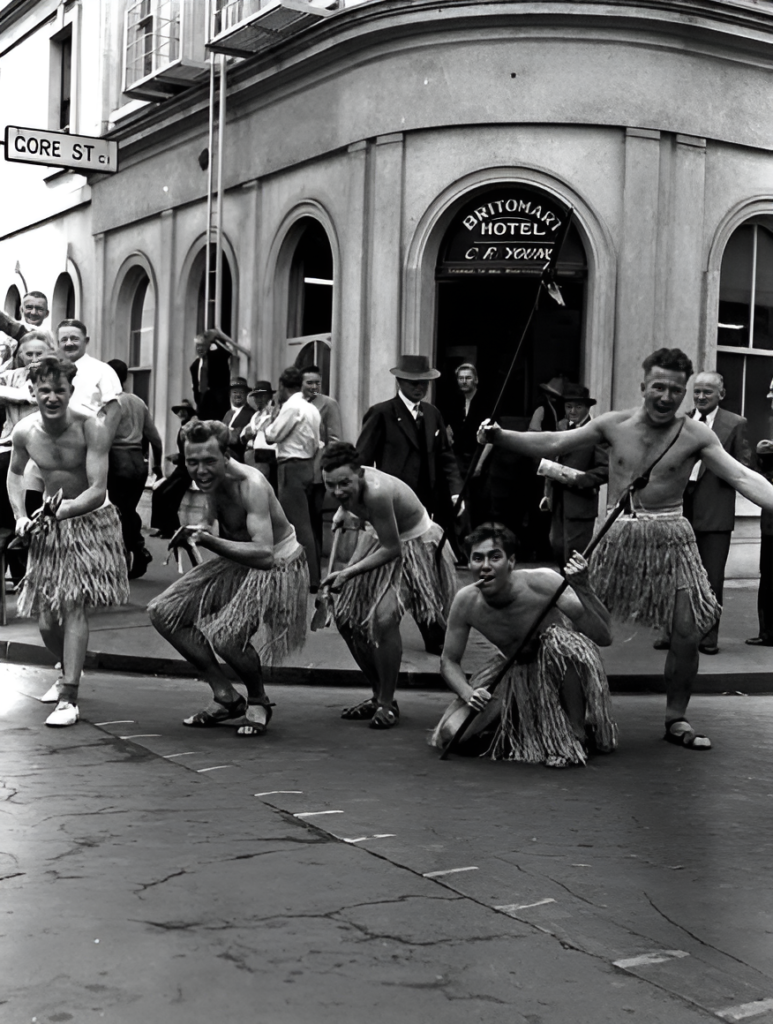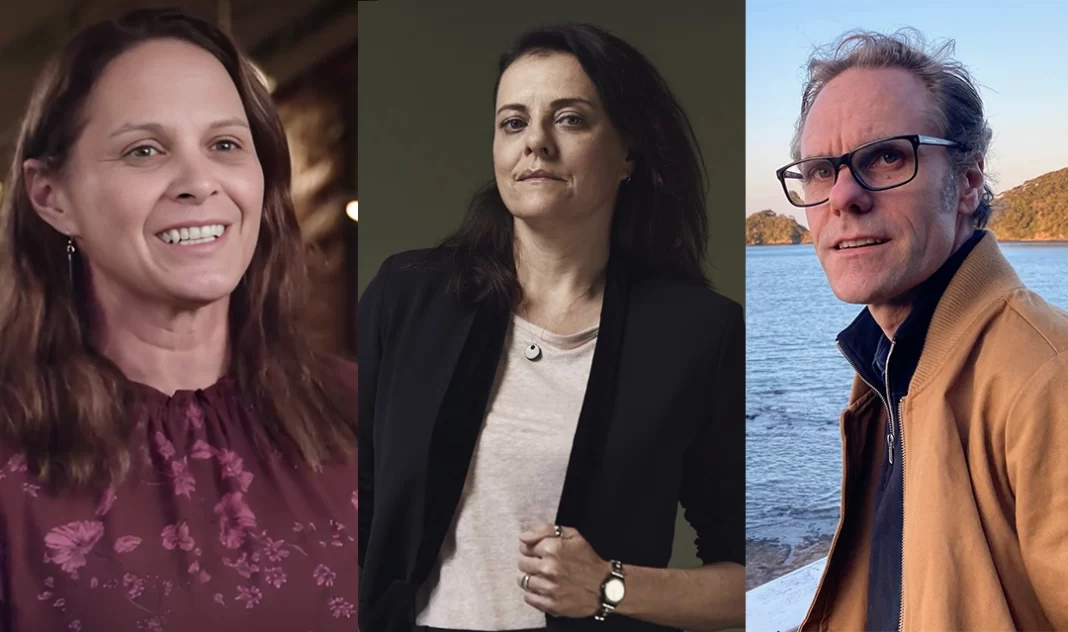A documentary about the story of young Māori and Pacific activists protesting against a parody haka performed by University of Auckland students 45 years ago has launched at the New Zealand International Film Festival.
The Haka Party Incident, directed by Katie Wolfe, captures the relationship between Māori and Pākehā in the 1970s.
In 1979, activist group He Taua sought to put an end to Engineering students parodying the haka as part of their capping week stunts. Wolfe says the consequences for the activists were severe – many were convicted of crimes.
The Haka Party Incident lays bare this largely forgotten event of Aotearoa’s history, told through the eyes of both groups involved, using interviews and archival footage.
Catherine Dunphy, the Kaikōkiri Rautaki Māori, portfolio lead for the Office of the Pro Vice-Chancellor Māori at Waipapa Taumata Rau, University of Auckland, says documentary director Wolfe had worked successfully with the University for the documentary, upholding the mana of everybody involved.
“Throughout this whole process, Katie Wolfe worked with us in the faculty. She met with the faculty executive, and some of the engineers involved to build a trusting relationship. She thought carefully about where to film and filmed the engineers in the Engineering School and members of He Taua at Waipapa marae.
The University has since come full circle with the construction of its new Faculty of Engineering building five years ago, including the creation of a new haka Me Hoki Whakamuri Kia Anga Whakamua/Acknowledge the Past and Move Boldly into the Future.
The haka was developed by Tāpeta Wehi in partnership with Faculty of Engineering staff. Dunphy was Kaiārahi for the faculty at the time of the new building and says the lead-up to the new haka marked a watershed moment for the faculty. The new haka is performed at graduation ceremonies by the South Pacific Indigenous Engineering Students (SPIES) to acknowledge Engineering graduates.

“The staff were acknowledging that, in the past, the significance of haka was not understood… by the time the staff had journeyed through the development of the haka, the meaning of the words and the importance of the actions, they knew the importance of haka; they understood haka and they felt the ihi and the wehi.”
Wolfe first began work on The Haka Party Incident before the Covid lockdowns, producing the much-acclaimed play that toured around the motu before embarking on the documentary.
“Making this documentary has been a multiple-layered journey – including my personal one as I learnt more and more about what happened in May 1979. But also, it’s a journey shared with all those involved in the incident, how when those memories return, it shapes old and new relationships and evolving ideas about race relations in Aotearoa. And then it’s about watching the audiences start their own journeys into this story and contextualising it into their lives.”
Coming through the early days of the pandemic, Wolfe took advantage of the lockdown periods, using the time to conceptualise new ideas for The Haka Party Incident. Developing the play and documentary resulted in new connections, and enduring and meaningful creative relationships with her production crew and cast, including musical director Kingsley Spargo, a doctoral candidate from the School of Music at the University.
“I’m still pinching myself having created the soundtrack for The Haka Party Incident, it’s been a challenge creating through the lockdowns, but it’s also been an invaluable journey having a better understanding of Aotearoa’s history.
“It’s not an easy story for audiences, but it’s an important story for our country. I’m grateful for Katie placing her trust in me, and it’s been a privilege to help bring this story to the stage and now to the screen.”






